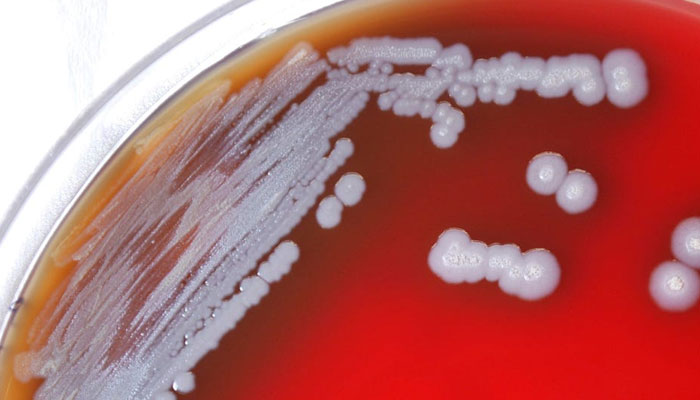According to a recent warning from the CDC, a potentially fatal bacteria has been discovered for the first time in soil and water samples from the United States. The bacteria Burkholderia pseudomallei was found in southern Mississippi near the Gulf of Mexico. In tropical and subtropical regions, particularly in portions of northern Australia, Central America, Southeast Asia, South America, the U.S. Virgin Islands, and Puerto Rico, the bacteria are typically found.
Melioidosis is a rare but deadly infectious disease that can be brought on by the bacterium. Animals and people can contract the disease by coming into contact with contaminated water or soil through cuts, wounds, or mucous membranes, inhaling the bacteria in, ingesting the bacteria, or drinking it. Infectees worldwide die from 10 to 50% of the time from the disease.
To determine how widespread the germs are in the United States, the CDC and state officials are looking into the samples. According to modelling thus far, B. pseudomallei can flourish in the Gulf Coast’s environmental conditions.
According to the CDC, it is uncertain how long the bacterium has been in the ecosystem and where else it may be discovered in the U.S. Through a public health advisory, the CDC is notifying doctors across the nation of this revelation and urging them to be conscious of the warning signs and symptoms of melioidosis and also to evaluate patients who arrive with the disease’s symptoms.
Melioidosis recently struck two unrelated residents of the Mississippi Gulf Coast region; one fell ill in July 2020 and the other in May 2022. Neither had ever left the country. In June 2022, the CDC and the Mississippi State Department of Health tested household goods and collected environmental samples at the patients’ houses as a result of the cases. In the 2020 case, the bacteria were found in three of the soil and puddle water samples that were collected.
The identical strain of the bacteria from the Western Hemisphere infected both individuals, according to genomic sequencing. They had known melioidosis risk factors and were hospitalised with sepsis from pneumonia. Both individuals healed after receiving antibiotic therapy.
Each year, the United States sees an average of 12 new cases of melioidosis, the majority of which are in people who have recently visited a country where the bacteria is endemic or frequently encountered. Additionally, cases have been connected to tainted imports from endemic nations. The CDC reported that in November of 2021, Walmart announced a recall after four instances in four states, Kansas, Minnesota, Georgia, and Texas were connected to an imported, tainted aromatherapy spray. Of the four, two passed away.
The CDC considers the danger of melioidosis for the general public to be very low and the chance of person-to-person transmission to be quite low given the tiny number of cases discovered in the U.S. However, residents of Mississippi’s Gulf Coast who suffer from illnesses including diabetes, chronic renal disease, chronic lung disease, heavy alcohol consumption, or disorders that suppress the immune system should take precautions.
The CDC advises keeping open wounds covered with waterproof bandages and avoiding contact with muddy water or soil, especially after significant rain. When gardening, cleaning the yard, or performing agricultural work, people should also wear waterproof boots to prevent infection in the feet and lower legs, particularly after flooding or storms. When working directly with soil, people must also wear gloves to protect their hands.
Numerous symptoms, including fever, joint discomfort, headache, coughing, chest pain, and stomach pain, are associated with melioidosis. Additionally, it might result in illnesses including abscesses, pneumonia, and blood infections. Any organ, including the brain, can get infected by the disease. Most often, symptoms start to manifest one to twenty-one days (on average, seven days) following exposure.
Melioidosis is currently regarded as being locally endemic in parts of the Gulf Coast region of Mississippi, according to the CDC’s health alert for medical professionals and public health officials.
The advisory states that B. pseudomallei cannot practically be removed from the soil once it is firmly established in it. Public health initiatives should aim primarily at improving case identification so that the proper treatment may be given.



















